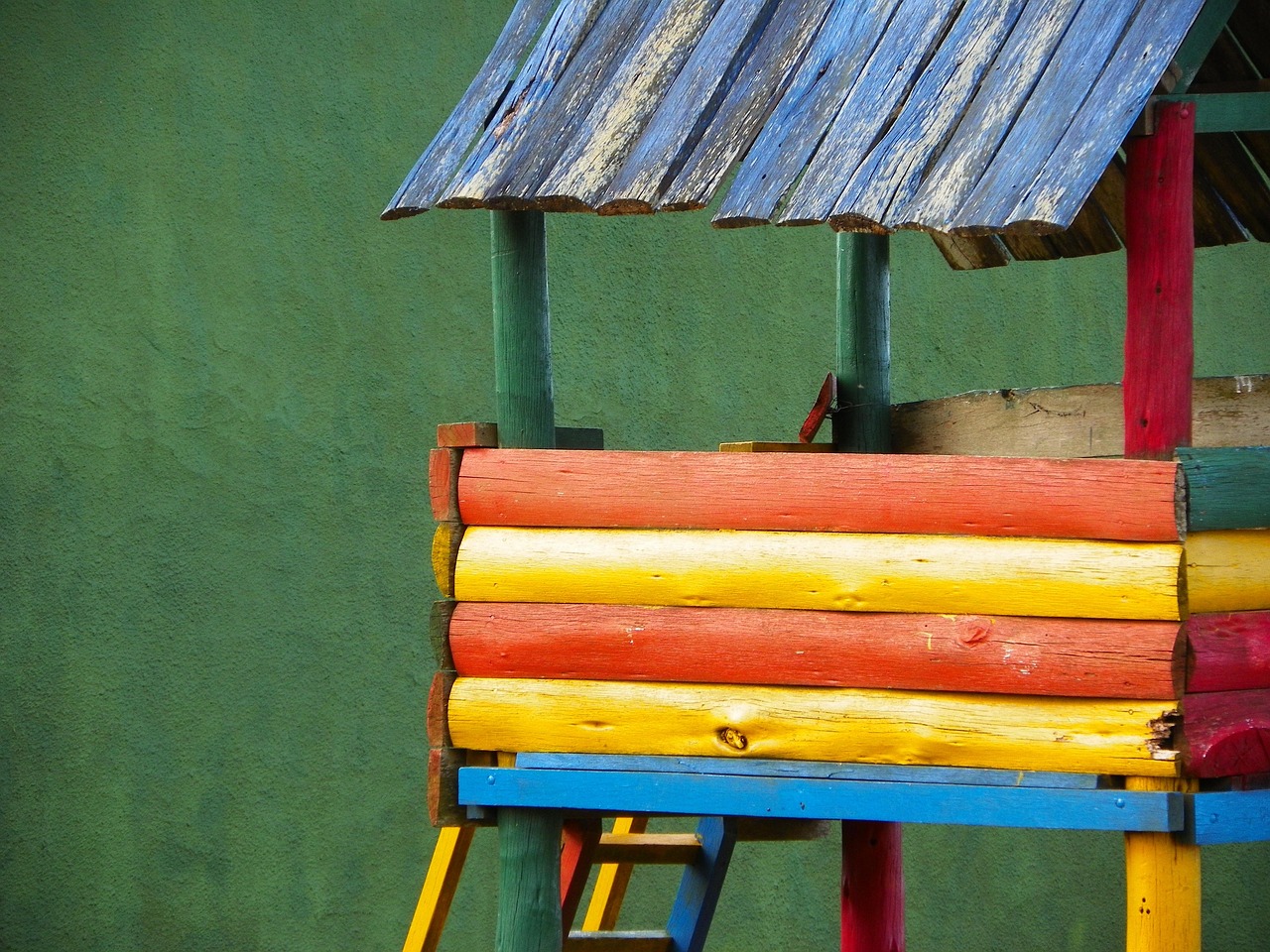Invisible Conditions in Rural Communities
In many rural communities across Nigeria, children with hidden disabilities are often invisible. Not because they don’t exist, but because their conditions are misunderstood. A child with cerebral palsy is called cursed. A child with frequent seizures is said to be under spiritual attack. A child who struggles in school is labelled lazy. Autism, Down syndrome, and learning disabilities are all swept into one word: “not okay.”
The painful truth is that many of these children are not being recognized within the rural healthcare system. It’s not that health workers don’t care, it’s that there are not enough diagnostic tools or resources to help them detect and diagnose these conditions early, even when families go to a clinic, they often leave without clear answers, because the system itself is not built to catch what is hidden.
When Myths Replace Medical Care
In the absence of answers, cultural and religious myths step in. When a child has a seizure, people rush to say, “Put a spoon in the mouth so the teeth won’t lock.” When a child is slow to walk or talk, the whispers start: maybe the mother offended someone, maybe the child was used for ritual. Many women avoid hospitals altogether and give birth with traditional attendants, and complications that could have been prevented change the child’s future forever.
The Heavy Cost on Children and Families
The cost of these myths is heavy. Children with disabilities are neglected, excluded from school, or hidden away by families out of shame. Mothers are often blamed and left to carry the burden alone. By the time some families finally discover what is really going on, the window for early intervention has closed.
How We Can Do Better
Change is possible and it doesn’t always need fancy machines or billion-naira projects. Sometimes the best solutions are the simplest ones.
Community-Based Assistive Hubs: Disability care doesn’t have to depend on expensive imports. Local clinics and NGOs can set up small hubs where families access affordable mobility aids, therapy tools, or simple devices made with local materials. This means a child with cerebral palsy doesn’t have to remain indoors just because a wheelchair costs more than the family can ever afford.
Digital Bridge Between Rural Clinics and Specialists: A rural clinic may not have a neurologist or child development expert on site, but with digital links, even simple video consults, WhatsApp groups, or basic shared platforms health workers can reach out for guidance. This way, frontline workers don’t have to guess, and families don’t have to travel miles just to get an answer.
Changing Minds Through Local Media: Myths spread quickly in rural communities, but so can truth. Community radio, drama groups, or health talks in local languages can shift the narrative. If families hear regularly that seizures are medical, not spiritual, and that disability is not a curse, they will be more willing to seek help instead of hiding their children away. Together, these steps would mean fewer children slip through the cracks simply because they were born in the “wrong” location. Every child whether in a city or a small village deserves to be seen, supported, and given a fair chance at life.



2 Responses
Very insightful piece. Indeed, children with disabilities are seen with a distorted lens especially in areas with low awareness. Thank you Uche for bringing this to light and helping bridge the information gap!
I enjoy reading this